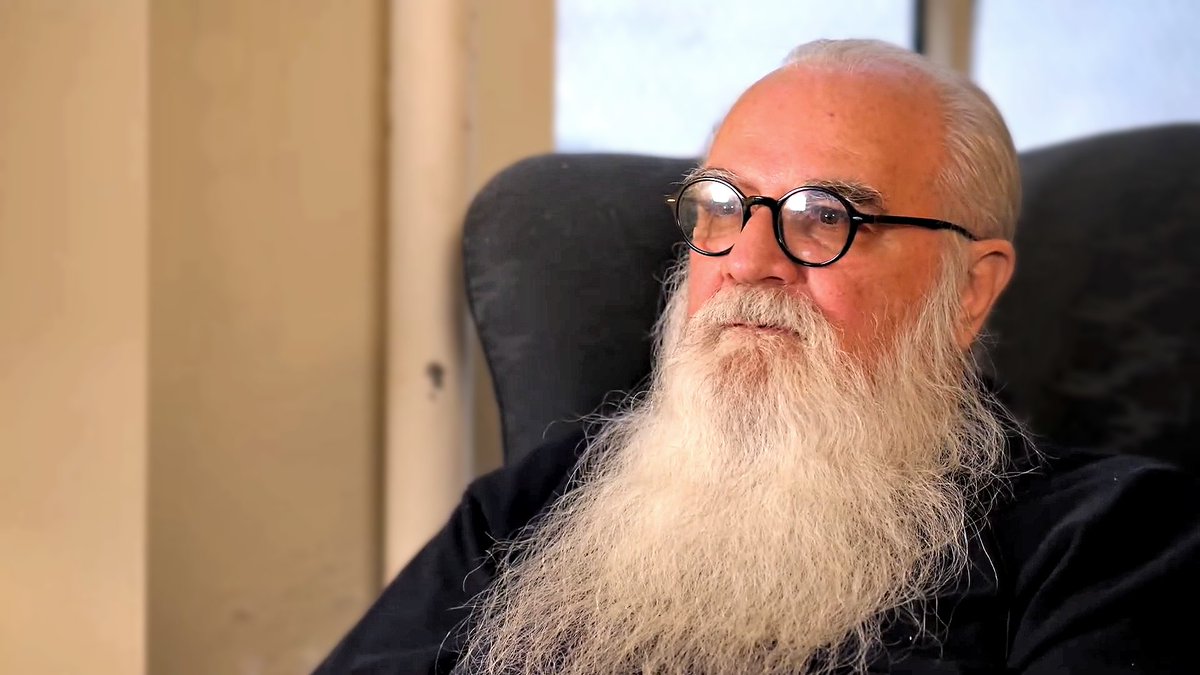Massimo Bonura: What are your five favorite films and why?
Noël Carroll: Well, the first isn’t just my favorite. I think it’s the greatest film that has been made so far. It is Renoir’s Rules of the game.[3] One of the many reasons why I praise this film regards Renoir’s mastery of multiplanar composition. Another film that would be in my top five list is Hitchcock’s Vertigo.[4] I admire it for its philosophical insight into the nature of love. It’s a counterexample to the Platonic idea that we love our beloveds because of their properties. Hitchcock illustrates this idea by showing what’s wrong with Jimmy Stewart’s attempt to transfer Madeleine’s properties to Judy. My next choice is Buster Keaton’s The General,[5] which I think is the greatest film in history in terms of giving the audience an understanding of the physical environment and its causal relation to human action. Keaton was a great director as well as a great comedian. My candidate for the greatest horror film ever made, and that’s James Whale’s Bride of Frankenstein[6] for its masterful capability to move back and forth between comedy and horror, thereby underscoring the thin line between the two. The last film on the list is my childhood favorite: King Kong.[7] I’ve seen it at least sixty times. I love the oneiric quality of the stop action animation and the way the film works out visually the parallel narratives of the island and the city.
M. B.: The concept of ‘art’ is extremely varied and complex. I think for example at George Dickie’s theories,[8] Arthur Danto’s ideas[9] or Ricciotto Canudo’s concept of cinema and art.[10] But is cinema an art for you? If yes, can you describe your personal perspective?
N. C.: Not all cinema is art. Surveillance footage isn’t. Of course, it is a matter of contention as to how you establish a claim like this. Initially some, like Canudo and many of his contemporaries, analogized cinema to existing art forms like theater. But I think this has a problem, because it was based just on the notion of resemblance, which is problematic since, as a matter of logic, everything resembles everything else in some respect.
So, I prefer a different approach. I think about establishing that something is a work of art as a matter of descent – that is, in terms of its belonging to a certain tradition –. This is a historical question which can established by showing, for example, lines of influence. So, I identify films as art in virtue of their lineage and the problems that they inherit from forebears in the relevant tradition. Think about the scenes in many of Visconti’s films, like Senso:[11] the directorial style is often derived from the art of Opera. And we can establish that historically by pointing out the fact that, among other things, Visconti was a great Opera director. And by establishing that the film belongs to that tradition, a tradition antecedently recognized as art tradition, we can begin to make our case that the film is an artwork.
)



